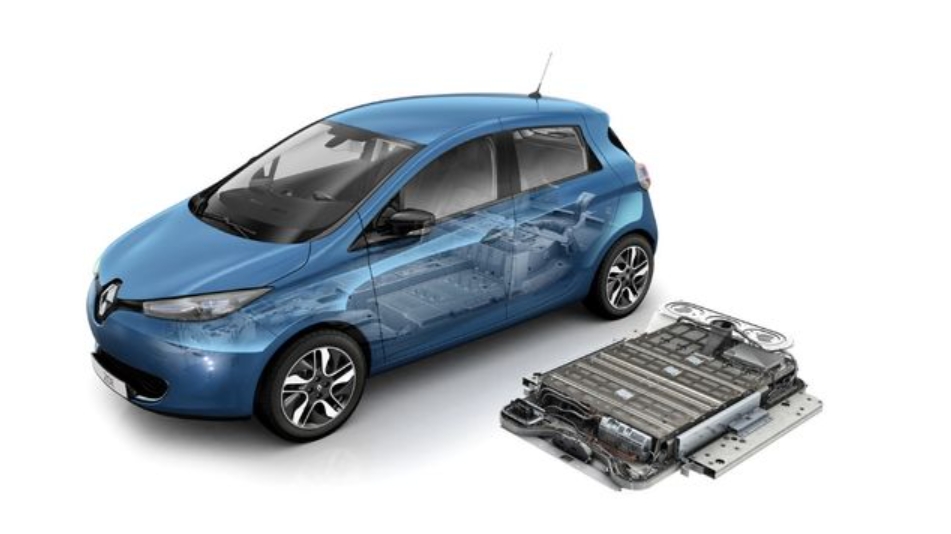Electric cars can also suffer the ravages of the heat wave, so it is important to know some risks and ways to avoid unpleasantness.
With the arrival of summer, the heat in most of central and southern Spain is suffocating and even the inevitable arrival of the occasional heat wave during it can spoil our vacations.
We have already told you about the negative effects of extreme heat on cars with a combustion engine and also the best way to face a long-distance trip in these circumstances.
But, if you have an electric car and you think that you are safe from problems due to this circumstance, you are wrong. And we are not talking about elements common to all vehicles such as tires, air conditioning or brakes.
The influence of heat on the battery and autonomy
In general, all electric car users are aware that the autonomy of their vehicle is reduced in winter as a result of low temperatures. But he is less aware of the effects that heat has on himself.
Lithium-ion batteries, present in most electric vehicles that can be purchased on the market, have several limitations and one of them is their sensitivity to temperatures.

In fact, its optimal operating range oscillates in a small window of between 20 and 25 ºC. The reality is that these temperatures are reached in Spain during a very short period of the year, so the cooling system of the batteries that each car has comes into play in an essential way.
Not all electric cars have the same. As with thermal cars, cooling can be by forced air or liquid. The second system is much more efficient than the second and guarantees that the batteries will always be kept in a suitable temperature range and according to their needs in summer.
The temperature, when it exceeds the optimal levels in the battery, negatively affects the autonomy, reducing it to a greater or lesser extent depending on the conditions and the degradation of the aforementioned battery. This is due to the overheating it suffers, something that is noticeably accentuated from 45 ºC.
There are cases in which low winter temperatures reduce the autonomy of an electric car by more than 30%. What happens in summer with yours will depend above all on the efficiency of the cooling system it has.
Intensive use of air conditioning will also influence autonomy, although if your car is equipped with a heat pump with reversible air conditioning, energy consumption -and therefore, the reduction in autonomy- will be less than with a traditional heat pump system.
How heat affects battery recharging
The extreme temperatures typical of a heat wave can also affect the recharging of an electric car on a charger. This is because, above 50ºC, the electronic components start to be affected and performance is reduced or even a breakdown occurs.
To avoid this as much as possible, whenever possible, use a recharging point protected from the sun with a roof that prevents this type of problem. There are even those that include solar panels on said roof to generate extra energy.
How to reduce the stress of recharging in a heat wave
It is inevitable, you cannot get rid of the suffocating heat that the heat wave or summer generate in the environment. But you can do some things to avoid or minimize the harmful effects of it on your electric car.
- Charge the car during the coolest hours: at night or first thing in the morning, when it is less hot and the heating process of the batteries is not accompanied by high temperatures. Also, it is cheaper.
- Turn on the air conditioning before leaving: if you do it during recharging, the system will consume power from the network and not from the battery. That way they won’t overheat. In addition, many electric cars have a pre-cooling system for the passenger compartment.
- Drive with peace of mind: you will consume less energy and this will reduce the heating of the batteries. Both things will make the autonomy go down less quickly.
- Recharge at protected points: as we have already anticipated, it is better to choose a charger protected from the sun. Thus, both the charging point and the vehicle will suffer less.
Can you think of more problems and solutions derived from the effects of heat on your electric car? Feel free to tell us about your experience in the comments section.

